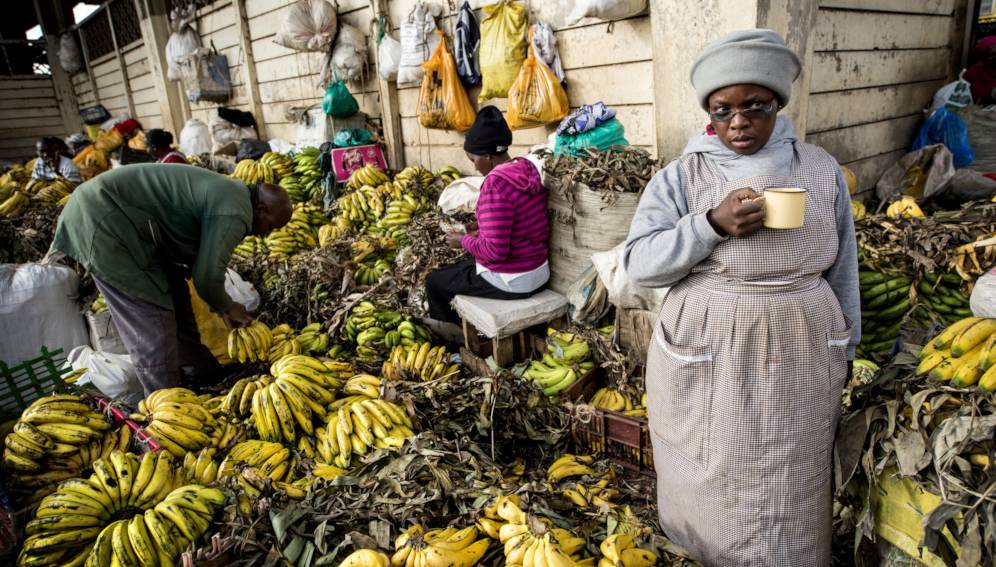According to the report, food safety deserves urgent attention because foodborne hazards account for 91 million acute illnesses and 137,000 deaths annually in Africa. The World Bank estimates show that each year unsafe food costs economies of low- and middle-income countries about US$110 billion in lost productivity and healthcare expenses.
“The report is a call to action to develop and implement feasible, locally relevant interventions that we know can reduce the severe consequences of foodborne illness,” says Michael Taylor, co-author of the Global Food Safety Partnership report released last week (6 February).
For instance, the report found that less than five percent of donor investments addressed specific public health risks, such as Salmonella and E.coli, that local consumers face when purchasing from informal food markets.
The report is based on data collected on 518 donor-funded food safety initiatives in Sub-Saharan Africa between 2010 and 2017, and interviews with almost 200 experts.
“Donor food safety investments are overwhelmingly focused on supporting overseas market access, trade, and formal markets rather than on the public health problem of foodborne illness,” says the report.
“There is relatively little donor investment to directly reduce the burden of foodborne illness in Sub-Saharan Africa, such as with surveillance systems, public awareness of food safety issues, research on specific hazards and intervention, and informal market capacity and practices.”
The report indicates that although there was at least a project in all 48 countries in Sub-Saharan Africa, ten countries had most food safety projects: Burkina Faso, Burundi, Ghana, Kenya, Malawi, Mozambique, Nigeria, Senegal, Tanzania, and Zambia.
According to Taylor, donors and African governments should address the public health burden of foodborne illness among African consumers, build capacity in creating evidence on food safety, and harness marketplace drivers of progress on food safety by increasing consumer awareness and empowerment and supporting private efforts.
Grace-Randolph, who leads the food safety programme of the International Livestock Research Institute, tells SciDev.Net, “The new studies reveal the hitherto underestimated health, human capital and economic burden of foodborne disease globally and in Africa.”
Much past investment has been driven by the goal of supporting food exports to Europe and other foreign and regional markets that require food to meet global standards for pesticides and other hazards, Taylor adds.
“The current burden of foodborne illness is unacceptably high. It adversely affects the health of millions of African consumers, damages the African economy, and undermines agriculture-led development strategies. This is a slow expanding crisis.” Taylor explains.
The report highlights the importance of informal markets where most smallholders sell their crops, vegetables and livestock products. It sets out the evidence that both smallholders and informal markets will be important for decades to come, and provides recommendations on how they can best be integrated into safe, secure, profitable an sustainable food systems.





